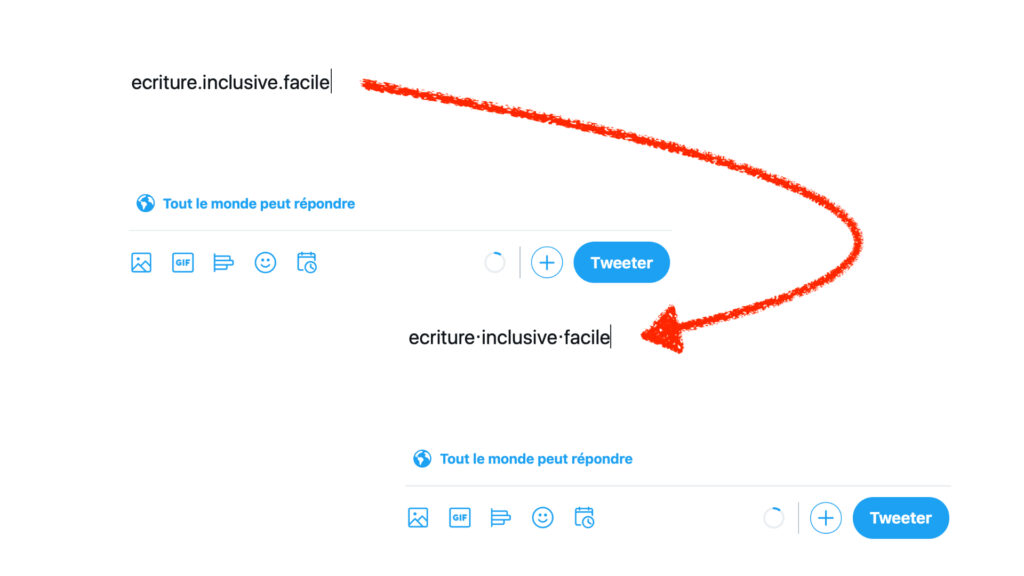-
chevron_right
Google to destroy billions of private browsing records to settle lawsuit
news.movim.eu / TheGuardian · Monday, 1 April - 20:54
Suit claimed tech giant tracked activity of people who thought they were privately using its Chrome browser’s incognito mode
Google agreed to destroy billions of records to settle a lawsuit claiming it secretly tracked the internet use of people who thought they were browsing privately in its Chrome browser’s incognito mode.
Users alleged that Google’s analytics, cookies and apps let the Alphabet unit improperly track people who set Google’s Chrome browser to “incognito” mode and other browsers to “private” browsing mode.
Continue reading...









